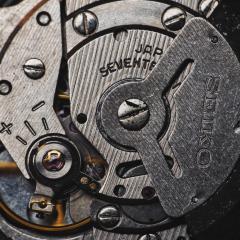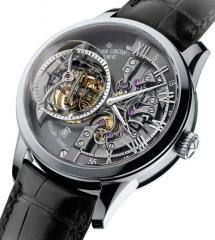Oil is oil or is it??
-
Similar Content
-
Recently Browsing
- No registered users viewing this page.
-
Topics
-
Posts
-
That’s a nice idea, But i’m committed to providing this site as a gift to the watch repair community as my thank you for my incredible life i’ve had in this business. Ive done well and unless my financial circumstances change then i’m more than happy to foot the bill. If circumstances do change then be assured that I will make an appeal. For now, I’m comfortable with the way things are and I am extremely delighted to remove Google Ads from this site and to stop Patreon, it feels like a major step forward 🙂 Sorry, I missed your reply, I got blinded by another poster in this thread. Yes - I can confirm that I have always seen WRT as a not-for-profit website, and therefore - not a business as such. I’m lucky and have done well in my life due to a decision made in my teens to start a watch repairing apprenticeship which has sustained myself and my family for many years now. Consider this my small way of paying it forward. Ive been committed to keeping the site alive on a technical and financial level for over 10 years now and I have zero plans to change that. Thank you for your kind words by the way. And as for your wish - nobody can control what happens in life, if something happens to me I have things in place with my family but I’m just not comfortable talking about my personal business - I wish a certain person would respect that, but i’ve calmed down now - i’m only human 😄
-
By Tackleberry · Posted
Yes, exactly. I've seen a few different versions, but mine has the blue water symbol, not white. I think it's Acrylic. The case is plastic so I would the is the lens would be too. -
From the same listing, the back side: I would guess that the back pops off rather than the front. You can see a little groove there where the caseback sits over the winding stem, rather than a case tube. Look for an indent or notch around the back. It might be possible to pry this off from almost anywhere on the back if it sits right against the rubber strap. The movement looks like it is from the Ronda RL family (015 or 115 or something? I forget which numbers have a calendar and which don't)
-
I'd expect a similar notch somewhere around the rear to pop that off.
-






Recommended Posts
Join the conversation
You can post now and register later. If you have an account, sign in now to post with your account.
Note: Your post will require moderator approval before it will be visible.